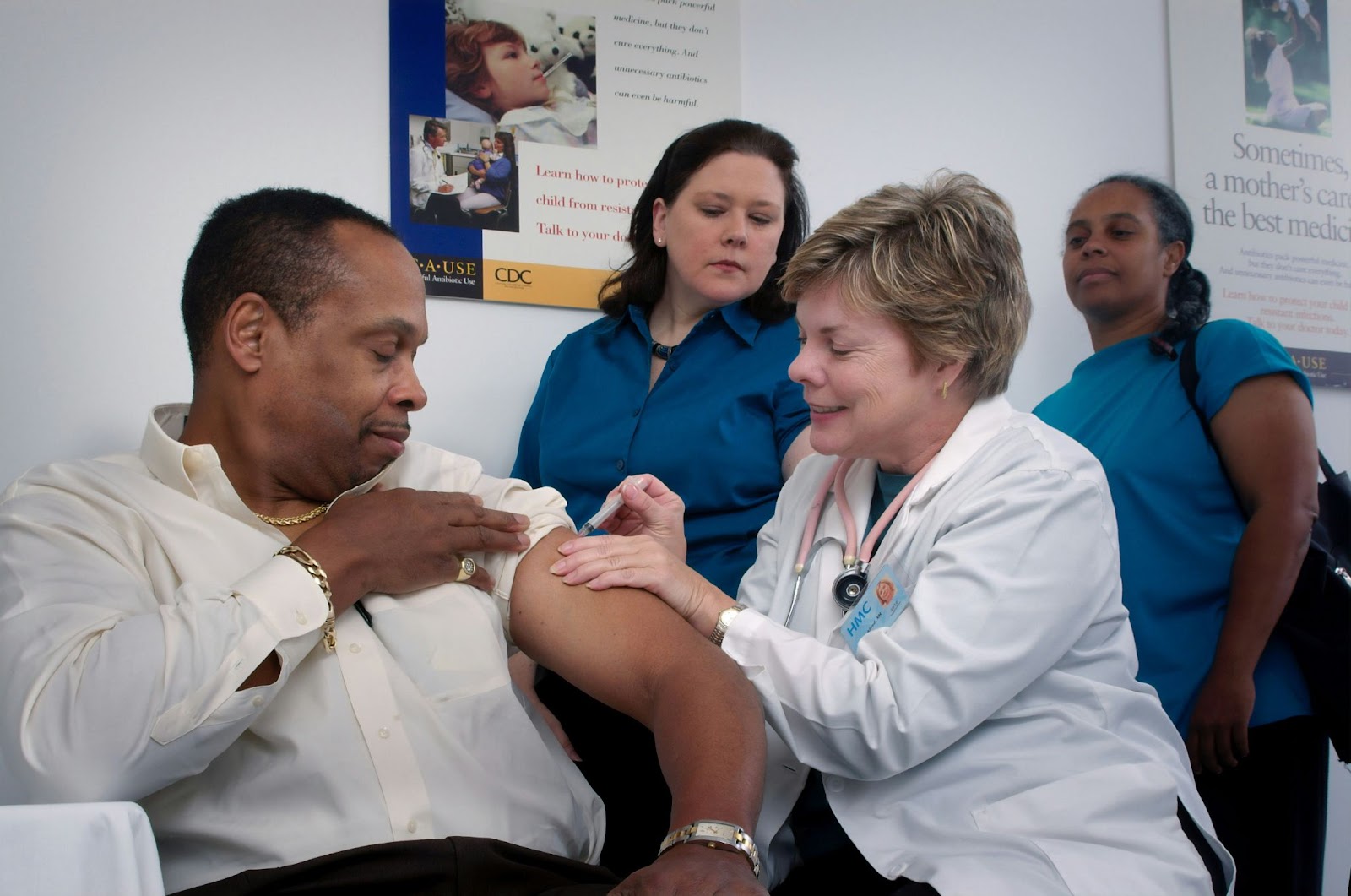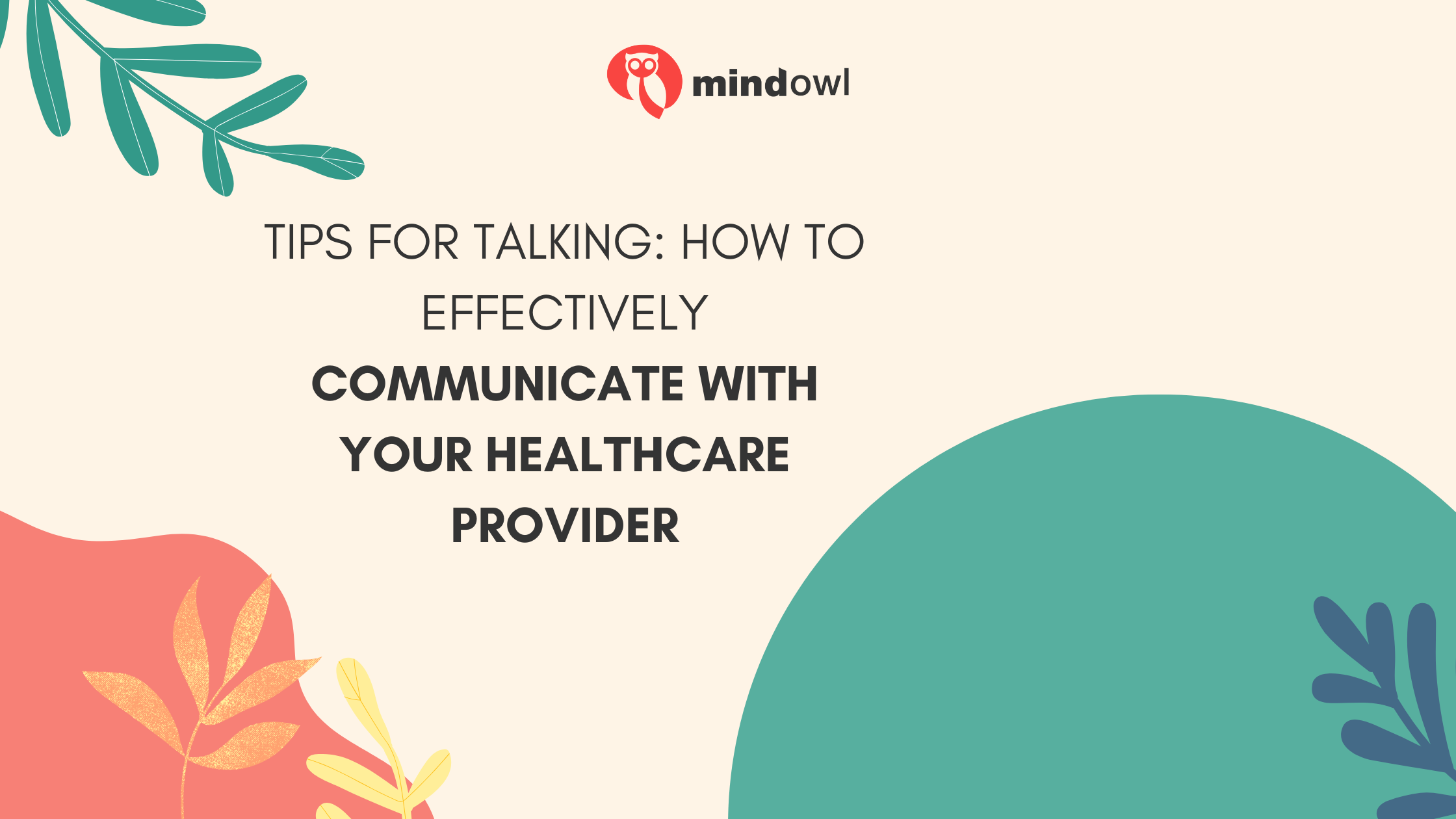In the fast-paced world we currently live in, not even the healthcare sector has managed to escape the need for speed. Doctors are pressed to see as many patients in a day as possible, causing shorter appointment times, medical personnel burnout, and the capacity for an easy misdiagnosis.
Effective communication is the cornerstone of a successful health diagnosis, with poor communication being shown to have a direct correlation with patient outcomes. Whether it’s your local GP, a qualified nurse practitioner who has completed the requisite fast track nursing programs online, or other professionals, having an open dialogue with healthcare providers is vital to get the most out of your visit. Read on to discover the best tips for talking effectively with your healthcare provider.

Photo by Humberto Chávez on Unsplash
Prepare for your visit
Often a doctor’s visit lasts anywhere between 10 to 20 minutes – not a lot of time to unburden yourself, is it? To help prepare for your visit and make the most of the limited time, create a list of your concerns and set an agenda to ensure every point is covered. You may want to consider doing the following:
- Note down all your symptoms, track their occurrence (as you wake in the morning, after meals or exercise, etc.), and if you think any key triggers set them off.
- Consider and prioritize your concerns and questions, starting with the most pressing to ensure they are covered.
- Bring all your past medical information, including the current medication you take, to make the visit more efficient. This could also include data from any fitness tracking or monitoring devices you may wear.
- Consider if there is any family medical history that could be relevant to your concerns and be ready to share.
- Bring a family member or friend to provide support, keep you on track, and help retain important information.
- Ensure your chosen healthcare facility accepts your primary form of insurance, and is within your network, to avoid extra costs or unexpected fees.
- If you are having tests done, be conscious of any prerequisites required such as fasting, water consumption, or bowel preparation.
Practice honesty
Finding a doctor you are comfortable with is worth the effort, because guess what? You are going to need to learn to be honest with them.
When attempting to diagnose an issue, your doctor will need to know everything about your lifestyle, social interactions, and relationships, both at home and at work. This may include things you are not always comfortable talking about, including ‘embarrassing’ pain, recreational drug use, or your personal relationships. This complete and detailed information can help provide a full picture of your overall health and help a doctor assess if there is anything specific that could be impacting it.
If you find you cannot discuss these things with your healthcare provider, it is important to remember they cannot share anything you discuss with them due to doctor-patient confidentiality. If this does not provide you comfort, it may be time to find a new doctor you are more comfortable with.

Be honest about your condition for faster and more effective treatment. Photo by CDC on Unsplash.
Ask questions
Medical information at the best of times can be difficult to absorb. Even the greatest doctors can be guilty of sharing too much information quickly and in complex terms that the everyday person is not familiar with. In these instances, asking questions is highly encouraged, to ensure you understand what is going on and can follow the advice you are being given.
If you are unsure about anything, ask your doctor to clarify what they are saying, or request they explain it differently. To ensure you have grasped the concept, it is a good idea to repeat the information back to your doctor for confirmation. If you struggle to retain information or instructions, write it down.
Do not be reluctant or afraid to have your doctor repeat it multiple times if needed – clarification will lead to better outcomes for you.
Work collaboratively and be heard
When at your appointment, do not be afraid to voice your concerns, and, if you are feeling unheard, do not hesitate to state them again.
When people are strapped for time, it can be difficult to manage every interaction with the patience it deserves. Keep this in mind when talking to your doctor, as you must work collaboratively to achieve the best possible health outcome.
Working together with your doctor can help achieve medical treatments that will most likely work for you. Ask about each treatment option, and what the benefits and drawbacks of each may be. Instead of getting pure direction, aim to have a conversation with your doctor.
Relax
Visiting healthcare providers can be a stressful situation for many people. A fear of the unknown, stress relating to an ailment, and the nervousness of having to talk to a doctor can all contribute to the formation of a situation many would rather avoid.
If this is you, take a moment to remember that your doctor is there to help you. Take a few deep breaths, and practice other self-soothing techniques that work for you. Focusing on relaxing will not only make you feel better, but it can also help improve the retention of information, enable clearer communication and more accurate reporting of symptoms, allow for better critical thinking and decision-making, and increase the chances of effective collaboration between yourself and your doctor.
Dr Google is not a qualified professional
We are all guilty of it, but Googling your symptoms before talking to an actual professional is a dangerous game. Not only are you likely to misdiagnose yourself (does mistaking common ailments for more serious issues ring any bells?) and cause potentially undue stress, but you may also form an unconscious bias towards a particular diagnosis, which you may feed through to your doctor.
Despite the urge, your best bet is to avoid Dr Google and wait for your appointment with a qualified professional.
MindOwl Founder – My own struggles in life have led me to this path of understanding the human condition. I graduated with a bachelor’s degree in philosophy before completing a master’s degree in psychology at Regent’s University London. I then completed a postgraduate diploma in philosophical counselling before being trained in ACT (Acceptance and commitment therapy).
I’ve spent the last eight years studying the encounter of meditative practices with modern psychology.

